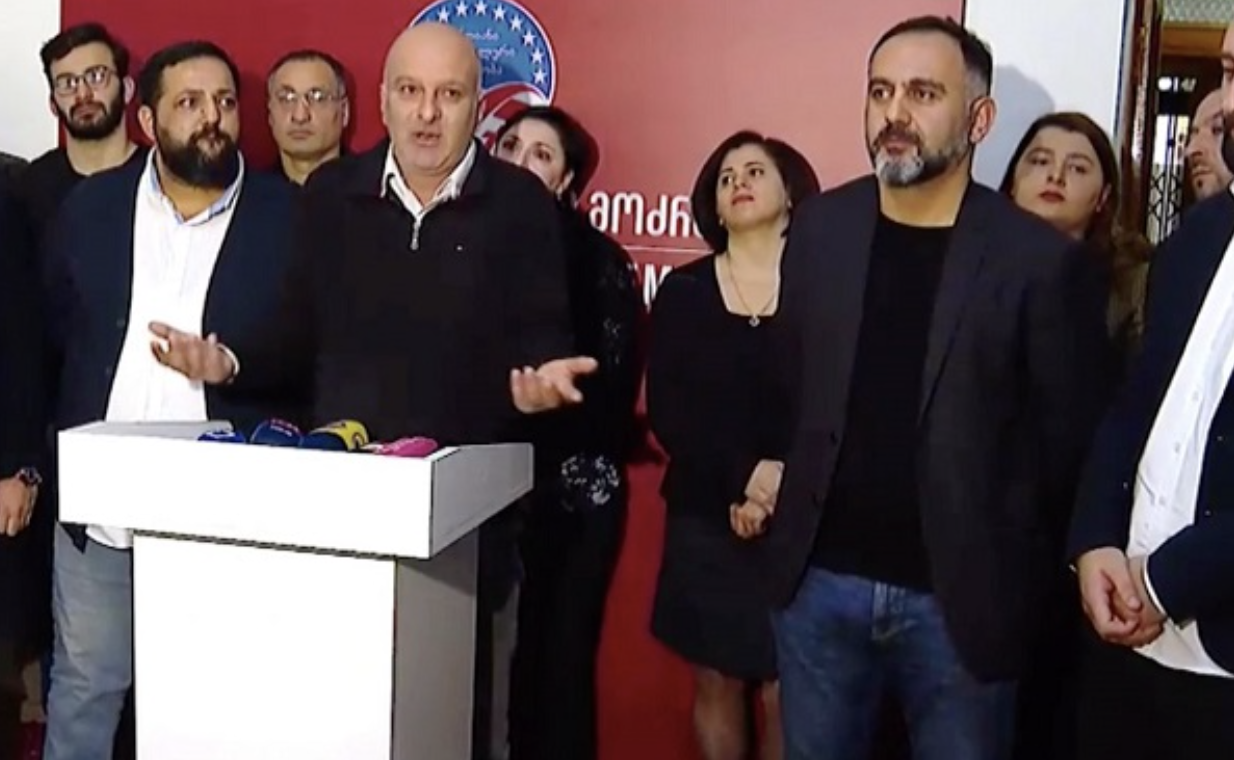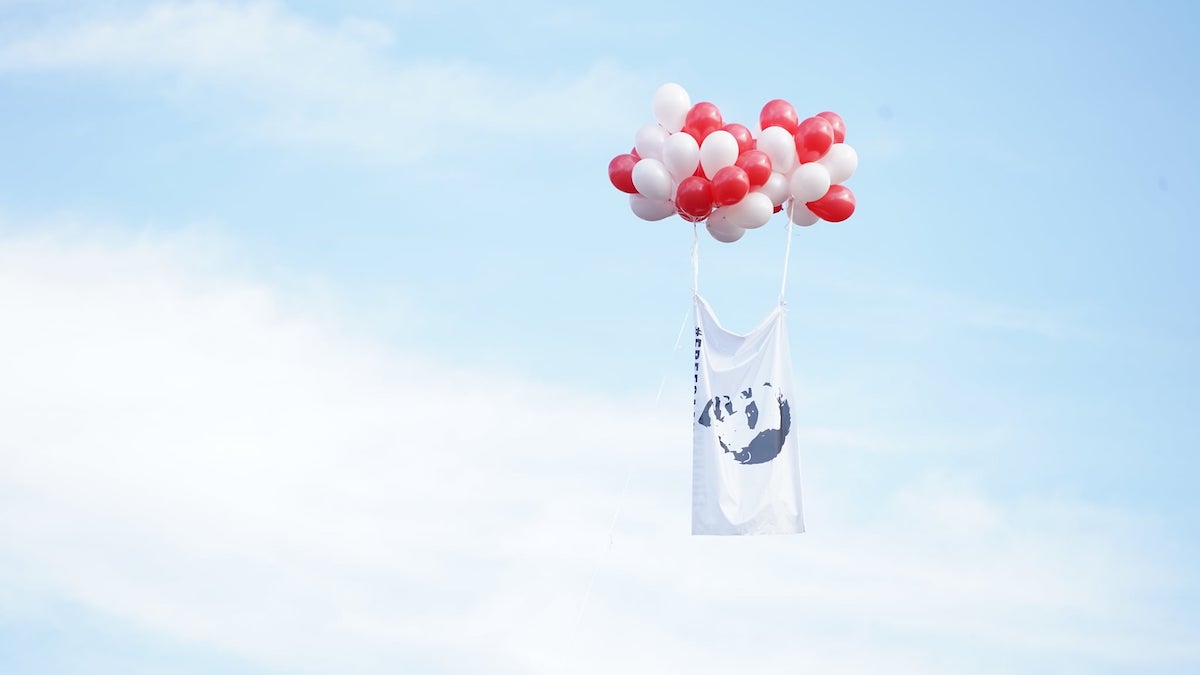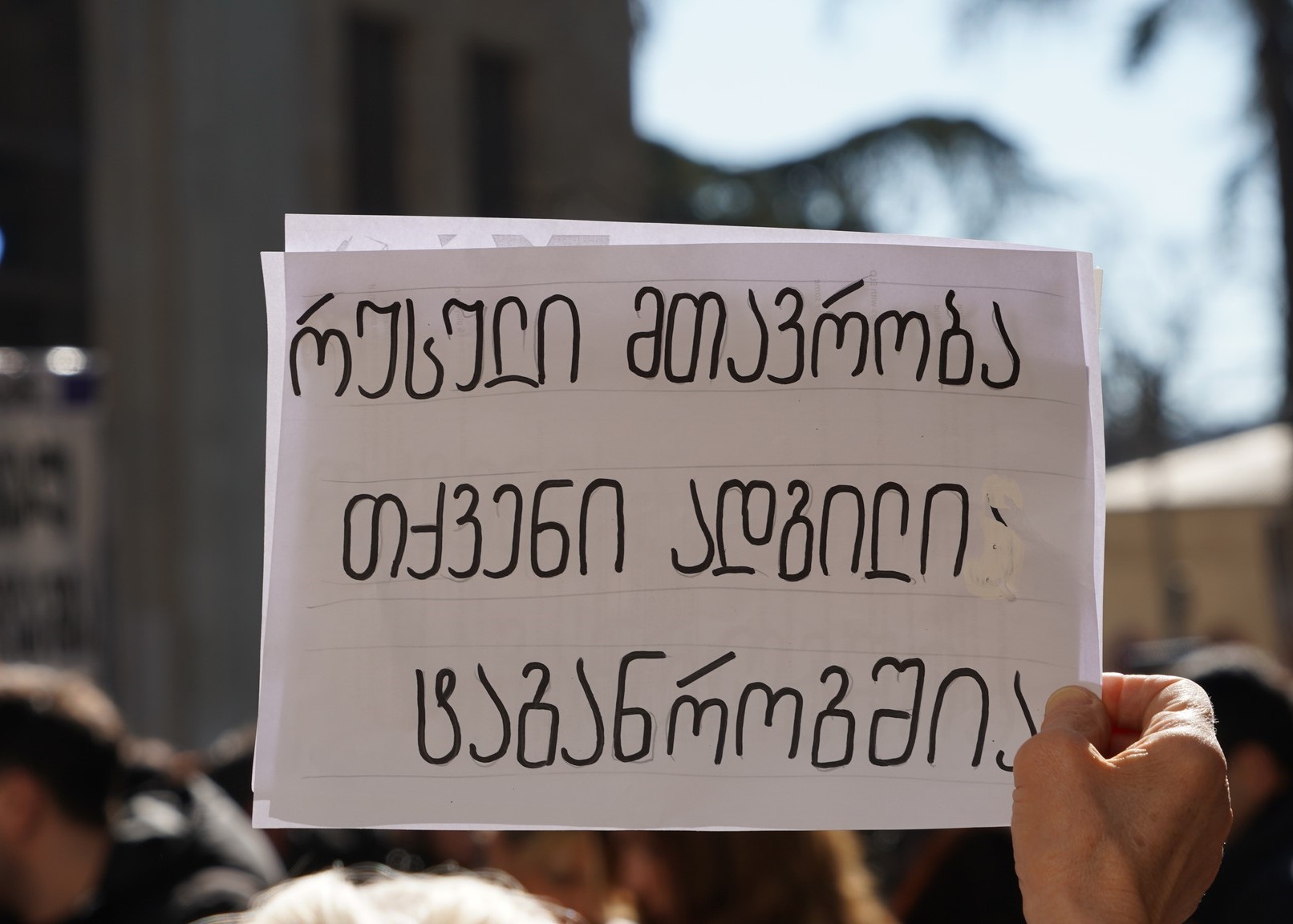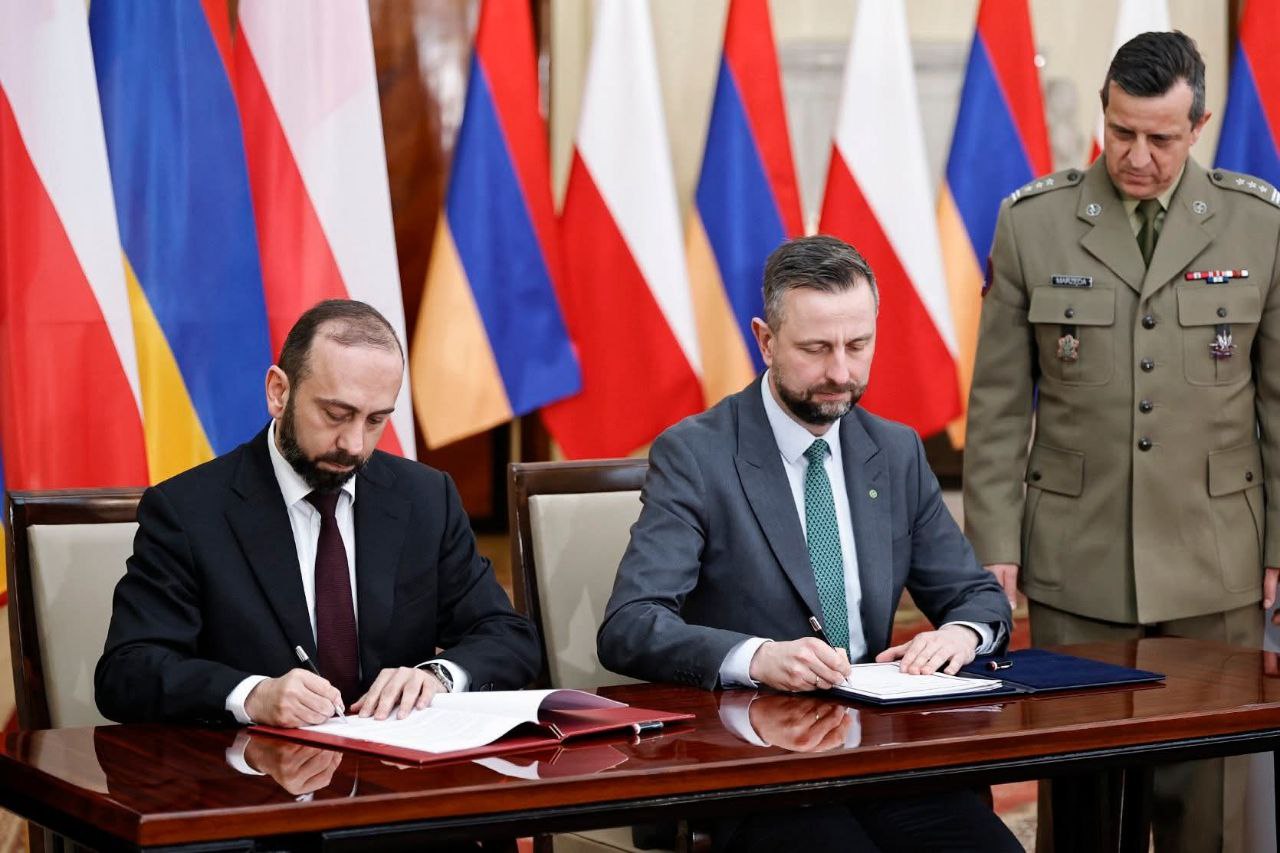"Saakashvili is an outgoing figure in Georgian politics." Experts on split in National Movement party
Split in the National Movement party
Georgia will hold important parliamentary elections in the fall of 2024. Georgian Dream, in power for twelve years, will try to stay there for a fourth term.
Eleven months before the elections, the country’s top-rated opposition party, National Movement, whose leader and founder is the jailed ex-president of Georgia, Mikheil Saakashvili, is being dissolved.
The latest conflict in the party began earlier this year with a confrontation between the two leaders, Nika Melia and Levan Khabeishvili, which reached a climax last week when one of its leaders, former chairman Nika Melia, left the party.
Intra-party elections for a new chairman were held on January 30, 2023. At the time of the vote, Melia was the chairman. However, he lost and Levan Khabeishvili became the new chairman. Despite the defeat, Melia remained in the party but clearly distanced himself. In the following months, the rivalry between the two leaders intensified. The party split into Melia supporters and Khabeishvili supporters. Last week Melia officially left the party. Following his departure, activists and leaders in Tbilisi and a number of regions also left the National Movement.
For example, members of the regional organizations and councils of Batumi, Khobi, Zugdidi, Chiatura, Kaspi, and Kakheti left the party. About 300 members of the Tbilisi organization left the party. Those who left the party refuse to work with Levan Khabeishvili and continue to follow the line of Mikheil Saakashvili.
JAMnews talked to experts about what this means in the country’s most rated opposition party shortly before the elections. We wondered whether Mikheil Saakashvili (who, despite being in prison, is actively involved in politics) has lost his authority within his own party and his influence on Georgian political processes.
Split in the National Movement party
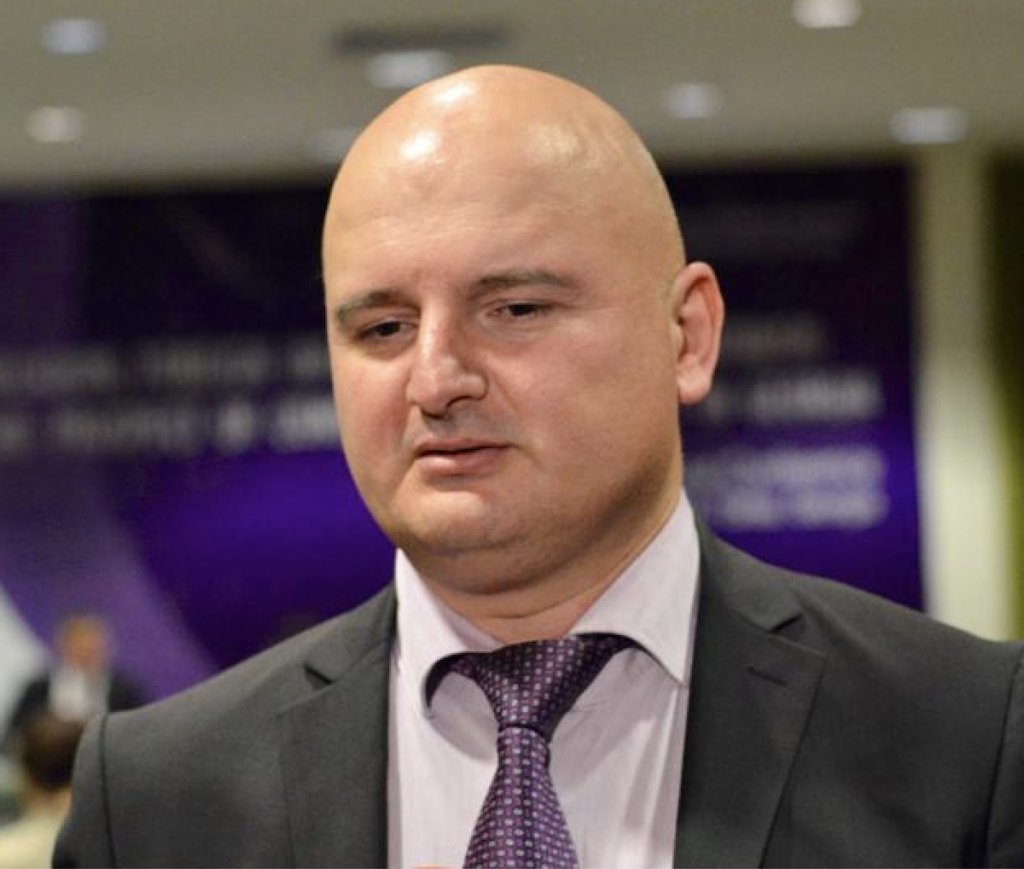
Korneli Kakachia, Doctor of Political Science, Director of the Georgian Institute of Politics (GIP):
The splitting of the “National Movement” started several years ago and has not yet finished.
This party has lost a lot of intellectual resources in recent years. Now it is facing even more serious problems, as both leaders and rank-and-file members are leaving.
The reason for the party’s disintegration is not any ideological conflict. Here it is more personal ambitions and “leadership” problems. Internal democracy, management style – there is a difference in the vision of these factors. Also an important factor is the difference in tactical views – how the party should act. Some believe that it should be more radical, some that radicalism is not justified.
The big problem turned out to be the issue of funding. The party did not have enough resources to survive on the contributions of its members. The party became dependent on just a few donors, who seem to dictate the rules of the game, what to do and how to do it. However, it should be said that this is not only a problem for this party, it is also a problem in other opposition parties.
What are the party’s chances in the elections?
The main question is to what extent will the National Movement be able to withstand these challenges and be competitive in the 2024 elections?
▇ The “National Movement” has become dependent on just a few donors who dictate the rules of the game, what to do and how to do it.
“The National Movement was the second largest party in the country, after the ruling team. Despite the crisis, it is very likely that it will retain this place in the next elections. If the National Movement’s objective is to achieve better results than other opposition parties, then yes, it will. But how much is enough for it to come to power?
The National Movement’s rating and image are still higher than Saakashvili’s. However, this alone will not help the party in the upcoming elections.
Split in the National Movement party
Saakashvili factor
Formally, everyone in the party recognizes that Saakashvili is an authority. His name is used by various groups to legitimize themselves within the party. Given that Saakashvili is in prison, it is obvious that other people are leading the National Movement today. Saakashvili does not seem to have much influence on real decisions.
Saakashvili’s task was to keep the party united, as splitting it would further weaken his personal chances of being released. That is why he has so far not taken sides – sometimes trying to cheer up one side, sometimes the other. Even he himself couldn’t seem to decide which side to take.
In my opinion, it was the processes taking place in the party that led to Saakashvili’s return to Georgia.
▇ Saakashvili was faced with the fact that if he does not return to Georgia, he will lose the party altogether
Saakashvili was abroad after 2012 and withdrew from party activities even before he was imprisoned. In his absence, new leaders emerged in the party who had grievances with the leadership. Apparently, they also used Saakashvili’s name, but they were used to making independent decisions.
Split in the National Movement party
Such a leader was Nika Melia, who became the chairman and leader of the National Movement and did not necessarily agree with Saakashvili. Saakashvili was faced with the fact that if he did not return to Georgia, there was a high probability that he would lose the party altogether.
He failed to calculate everything – he thought that after his return the situation would change. Saakashvili had a completely incorrect idea about his influence in the society. Now, perhaps, he admits it himself.
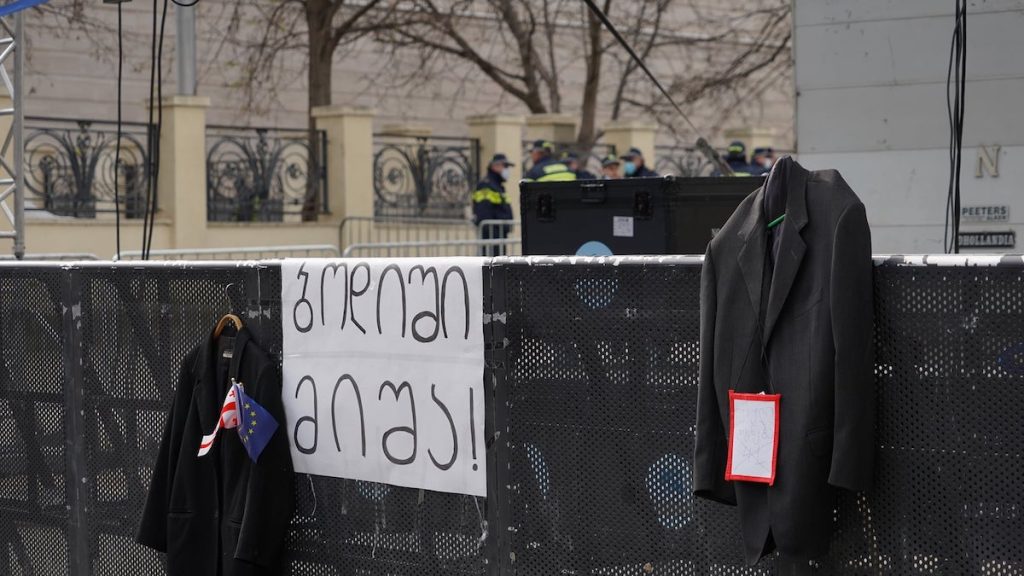
Mikheil Saakashvili made serious mistakes as soon as he was in the opposition. In 2012, when his team lost the elections, he should have resigned from the party leadership and left Georgian politics. He was free to find a place in any international organization in any field. Saakashvili should have opened the way for young leaders and remained a symbolic figure in the “National Movement” as happens in European parties. In the long run, this would have been much more beneficial for both him and his party.
There is still time before the elections and some changes may take place. However, the fact is that reputational damage has already been done to both the National Movement and Saakashvili himself.
Saakashvili will again be a factor in the next parliamentary elections, but how decisive is hard to say. The fact that Saakashvili remains an important factor is evident from the government’s reaction. If it were not, the government would not be wasting time day and night on aggression against Saakashvili and his party.
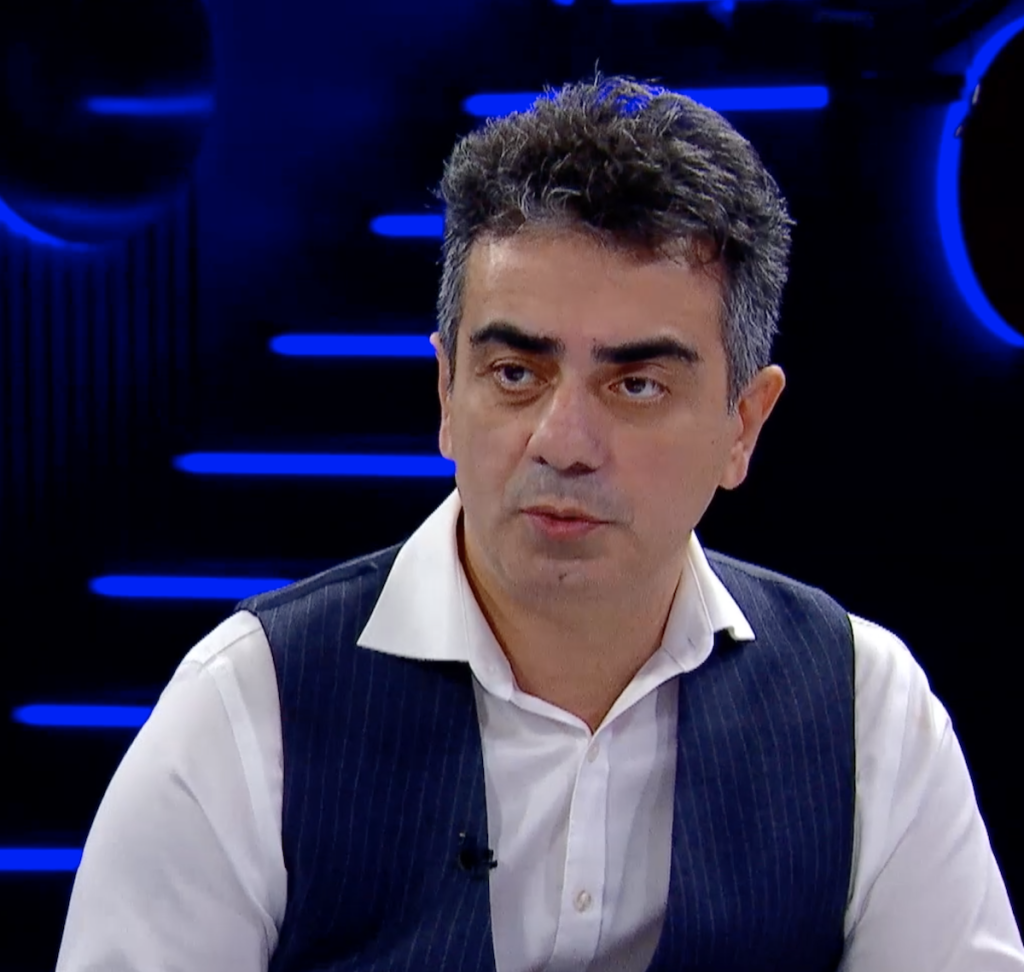
Bakur Kvashilava, PhD in Political Science, Dean of the GIPA School of Law and Politics
I don’t know what was going on inside this party, I can only assess what is visible from the outside – it was hard for one part of the party to admit defeat in the intra-party elections.
On the other hand, despite the crisis, the National Movement remains the main opposition party. At the same time, it remains the party with the highest negative rating – it has far more opponents than supporters, and all the polls show this.
▇ After 2012, the National Movement never had enough supporters to defeat Georgian Dream.
This negative rating of the “National Movement” guarantees that the first place today is occupied by the “Georgian Dream”. When viewed from this perspective, the National Movement is doomed to second place at best. This was the case before the split of the party, i.e. nothing has changed with the split. After 2012, the National Movement never had the number of supporters that would have ensured the defeat of the Georgian Dream. From this point of view nothing has changed even now.
The party split is plus or minus five percent.
As for the political process in the country as a whole, the country will benefit from multi-party democracy and an end to political polarization. By polarization I mean the confrontation of two forces, because in case of conflict, Georgian Dream will retain power in such a way that it will not have to share it with anyone.
Split in the National Movement party
Saakashvili factor
Saakashvili has always been and remains the most important factor for supporters of the National Movement and Georgian politics in general, both positive and negative.
Past experience shows us that the part of the National Movement that does not have the support of Mikheil Saakashvili will be much weaker and have a much lower rating than the part that does have this support.
On the other hand, this party has the highest negative rating. According to sociological research, to the question, “Which party do you dislike the most?” it is the National Movement that takes the first place. And this is not because of Melia or any other leader, but because this party is directly connected to Mikheil Saakashvili.
So, this party has supporters and opponents thanks to Mikheil Saakashvili, and this will certainly have an impact on the elections. But this does not change the overall results discussed above.
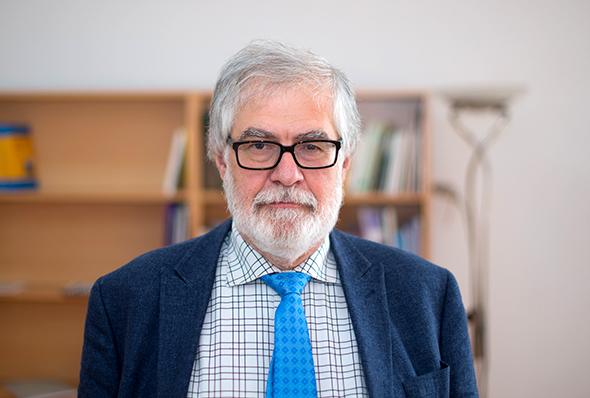
Gia Nodia, Doctor of Political Science, Professor of Ilia University
So far all this can be qualified as clan rivalry. It is clear that everyone swears allegiance to Saakashvili. However, it is obvious that Saakashvili’s factor was not enough to prevent this group or clan conflict. Saakashvili did try to contain it, but he could not.
Despite the disintegration, at this stage the National Movement is still the main opposition party. It is a brand, Misha’s party. And those who stay with Misha will have more supporters than those who have left the party.
Obviously, with this confrontation, which has probably already turned into an endgame, the National Movement itself will lose support to some extent, although it is not clear how many supporters will remain and where they will go.
Split in the National Movement party
▇ “National Movement” will still remain the main opposition party… Whoever Misha stays with will have more supporters
In any case, a resource of politically active people has been released, who probably will not leave politics. They will try to take some place in Georgian politics. Where exactly, they probably do not even know yet. And Nika Melia is their leader.
Besides, there are other former “nationals” who have split from the party in recent months. Their place is also uncertain. So, in the near future, perhaps the most interesting thing to watch will be, on the one hand, how the remaining “movement” will consolidate, and on the other hand, what those who have left the party will do.
Saakashvili factor
No one from either wing of the “nationalists” will say it out loud, but it is obvious that Saakashvili’s authority has weakened. This whole process of division is an indirect indicator of this.
Weakening of Saakashvili’s authority was caused by his inconsistent behavior. When he came to Georgia, he had great hopes. These hopes gradually melted away afterwards. First there was the hunger strike [Saakashvili announced it shortly after his arrest], a heroic stage, so to speak. Then there was the stage of illness, he had to survive, so he said that he was no longer interested in politics and should be released for treatment. Now all of a sudden he was interested, and what’s more, he found himself at the center of politics. These inconsistent actions by Saakashvili have also created a kind of mythological veil for him. He makes many obvious mistakes, which even his supporters cannot turn a blind eye to.
Split in the National Movement party
I think the Saakashvili factor will work less in the next elections. He has already lost his relevance in Georgian politics.
When he arrived, he really went all-in. His arrival could have had two outcomes. First – the people united and the opposition won. The second – during his stay in prison Saakashvili would gain the image of a hero and his rating and real authority would increase. Neither of these things happened.
It is clear that Saakashvili’s authority has fallen among the activists of the National Movement. But how this will affect the mass rating, so that hundreds of thousands of people will vote for them, will depend on many factors.
How convincingly they will conduct the election campaign will depend on how much they maintain the rather high rating that the National Movement has traditionally had so far.
That is, I do not rule out that they will maintain it, but perhaps not. In my opinion, it is impossible to say for sure now.
Split in the National Movement party










